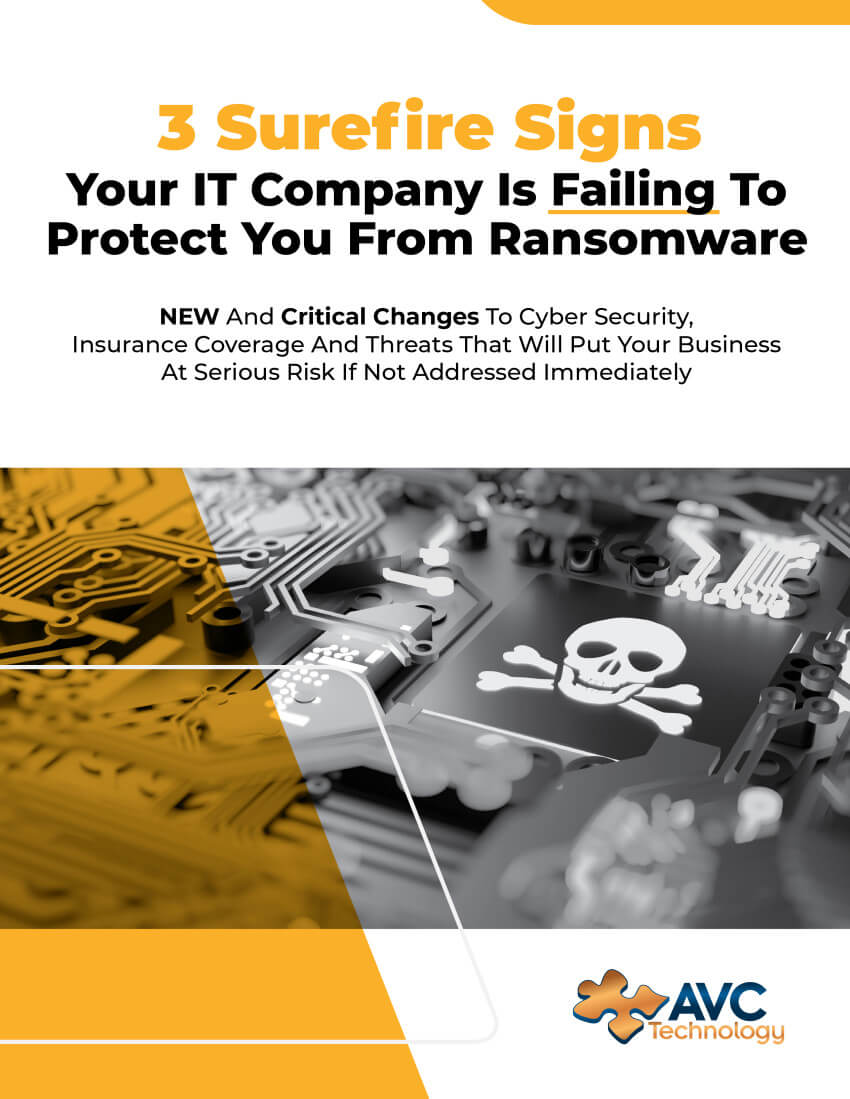 In the wake of increasing cyber-attacks, data breaches are becoming alarmingly frequent, leaving consumers vulnerable. If you’ve received a notification that your personal data has been compromised, you’re not alone. In 2023, 52% of global organization breaches involved personally identifiable information (PII), including addresses, Social Security numbers, and more. A significant breach earlier this year involved ChangeHealthcare, affecting a third of Americans.
In the wake of increasing cyber-attacks, data breaches are becoming alarmingly frequent, leaving consumers vulnerable. If you’ve received a notification that your personal data has been compromised, you’re not alone. In 2023, 52% of global organization breaches involved personally identifiable information (PII), including addresses, Social Security numbers, and more. A significant breach earlier this year involved ChangeHealthcare, affecting a third of Americans.
So, what happens when you get a letter from a company admitting, “We’ve been breached”? It’s frustrating, but immediate action is crucial to protect your identity and financial information. Follow these seven steps to minimize the damage and secure your data.
1. Verify the Data Breach Notification
Scammers often send fake notifications to steal your information. Always verify the breach by visiting the company’s official website or contacting them directly. Never use contact details provided in the suspicious notification.
2. Identify What Data Was Stolen
Understanding what type of data was compromised is essential. Credit cards can be replaced, but Social Security numbers are much harder to secure. Knowing the specifics will guide your next steps.
3. Change Passwords and Enable Multifactor Authentication (MFA)
Immediately update passwords for the affected account and any other accounts using the same credentials. Enable MFA to add an extra layer of security.
4. Monitor Your Accounts Vigilantly
Keep a close eye on all financial and online accounts linked to the breach. Look for unauthorized changes or suspicious activities, which may indicate identity theft.
5. Report the Data Breach
If you suspect that a company is unaware of a breach, or if you’ve experienced fraud, report it to law enforcement or the Federal Trade Commission (FTC) for guidance.
6. Be Cautious of Phishing Attempts
After a breach, be on high alert for phishing emails and calls attempting to steal even more personal information. Avoid clicking on suspicious links or providing sensitive details.
7. Consider Identity Theft Protection
For breaches involving highly sensitive information like Social Security numbers, consider enrolling in an identity theft protection service. These services monitor your credit and alert you to suspicious activity.
Why Acting Quickly Matters
Data breaches are an unfortunate reality of our digital world. While companies are responsible for securing customer data, breaches will happen. By following these steps, you can reduce the risk and impact of having your personal information compromised.










